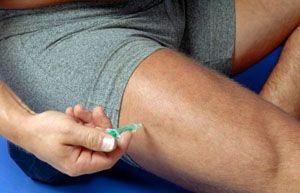HGH Vs Testosterone for Male Hormone Replacement Therapy
Two of the most commonly prescribed hormones for male HRT are human growth hormone (HGH) and testosterone. In this article, we will discuss the differences between HGH and testosterone therapy, compare their risks and side effects, and explore whether taking both may be beneficial for some individuals.
Human Growth Hormone Therapy
HGH is a hormone produced by the pituitary gland that stimulates cell reproduction, growth, and regeneration. HGH therapy involves the administration of synthetic HGH to help counteract the decline in natural production due to aging. Some potential benefits of HGH therapy include increased muscle mass, improved bone density, reduced body fat, and enhanced energy levels.
Testosterone Replacement Therapy
Testosterone is a vital male hormone responsible for maintaining muscle mass, bone density, and sexual function. As men age, testosterone levels gradually decline, leading to various health issues, including reduced muscle mass, increased body fat, decreased libido, and erectile dysfunction. Testosterone replacement therapy (TRT) involves the administration of synthetic testosterone to help restore optimal hormone levels and alleviate these symptoms.
Which is Better?
The choice between HGH therapy and testosterone replacement therapy depends on an individual's specific needs and health concerns. While both treatments can improve muscle mass, bone density, and overall well-being, they work through different mechanisms and target different aspects of hormonal health.
HGH therapy may be more appropriate for individuals with growth hormone deficiency, while TRT is generally prescribed for men with low testosterone levels. It's essential to consult a healthcare professional to determine the most appropriate course of treatment based on your unique needs and hormone levels.
Risks and Side Effects
Both HGH therapy and TRT carry potential risks and side effects, and it's crucial to weigh these factors against the potential benefits of treatment.
HGH therapy can lead to side effects such as joint pain, swelling, carpal tunnel syndrome, and increased risk of diabetes. In some cases, HGH therapy has also been associated with an increased risk of certain cancers.
TRT, on the other hand, can cause side effects like acne, breast enlargement, reduced sperm production, and an increased risk of blood clots. There is also some concern about the potential link between TRT and prostate cancer, although more research is needed to establish a definitive connection.
Should I Take Both?
In some cases, combining HGH therapy with TRT may provide synergistic benefits for men experiencing hormonal imbalances. However, this approach should only be considered under the guidance and supervision of a qualified healthcare professional. Combining these treatments can increase the risk of side effects and may not be suitable for everyone.
When it comes to human growth hormone therapy vs. testosterone for male hormone replacement therapy, the decision depends on individual needs, hormone levels, and overall health. Both treatments can offer significant benefits for those experiencing hormonal imbalances, but it's crucial to work closely with a healthcare professional to determine the most appropriate course of action. By carefully weighing the potential risks and benefits, you can make an informed decision about the best approach to addressing your hormonal health concerns.
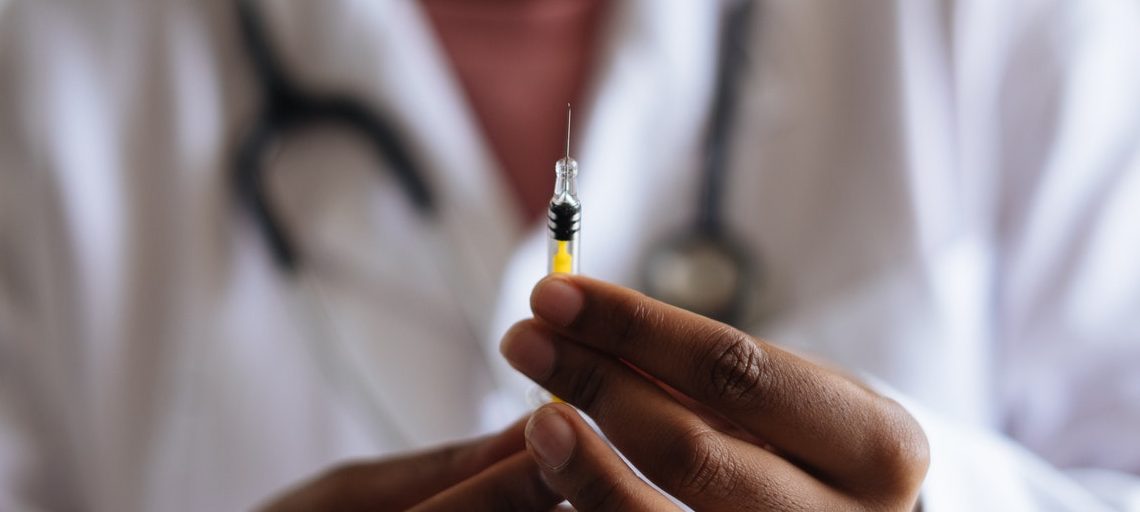
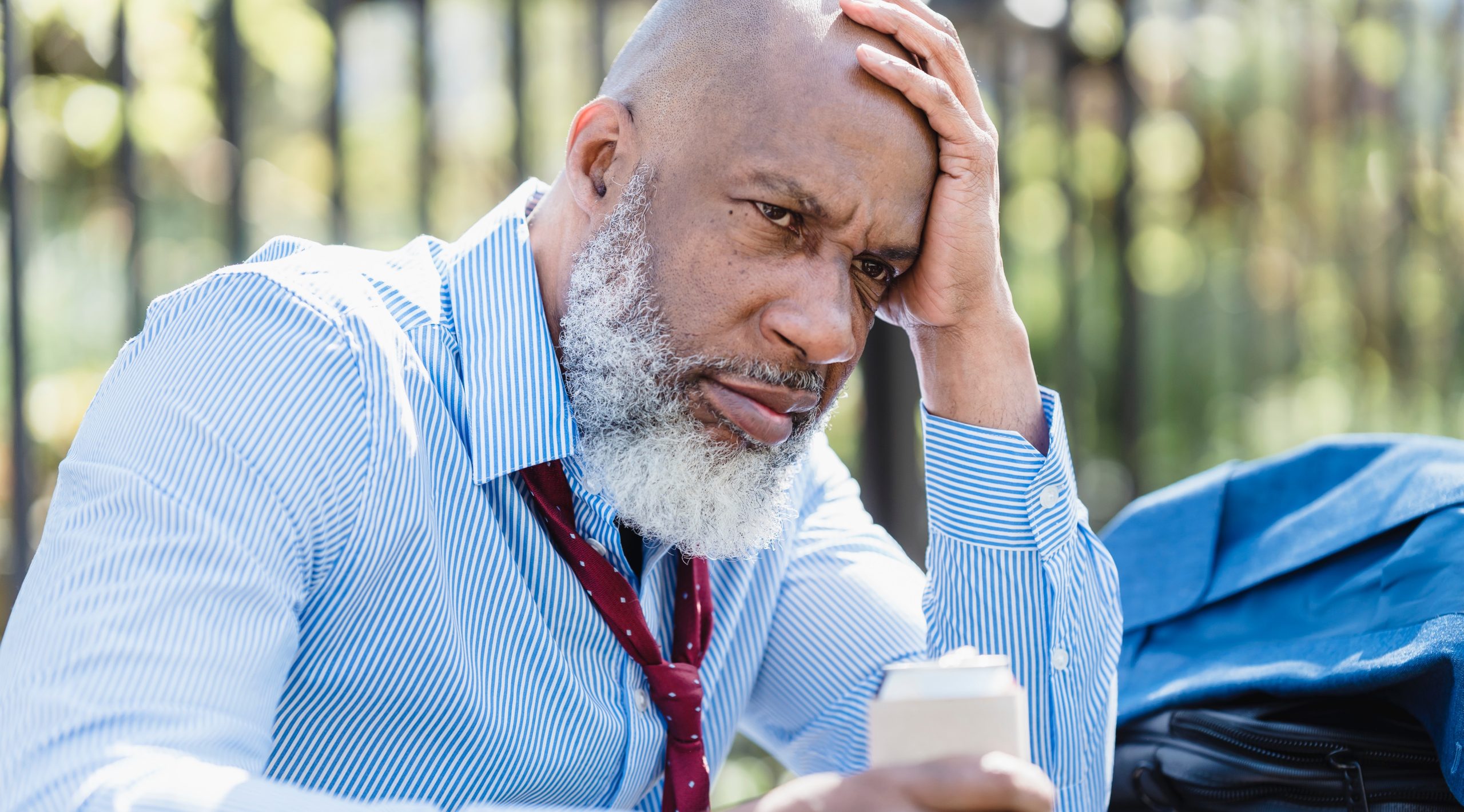



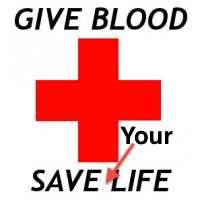
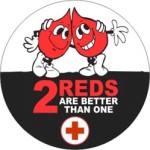 Cross form you fill out will ask if you take any injectable drugs, and may even specifically mention testosterone, but the fine print says "Without a prescription" so you can answer "No" to that question. As long as you are taking doctor prescribed testosterone for hormone replacement (Not 500mg + every week like a bodybuilder) it should be OK to donate because there is only a normal amount of testosterone in the blood stream.
Cross form you fill out will ask if you take any injectable drugs, and may even specifically mention testosterone, but the fine print says "Without a prescription" so you can answer "No" to that question. As long as you are taking doctor prescribed testosterone for hormone replacement (Not 500mg + every week like a bodybuilder) it should be OK to donate because there is only a normal amount of testosterone in the blood stream.

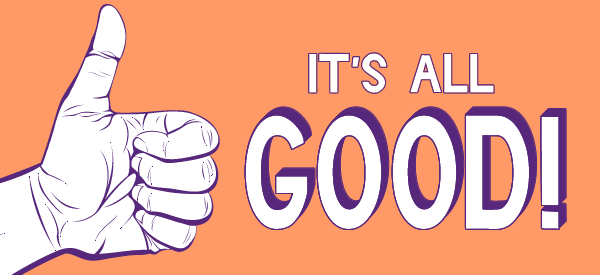

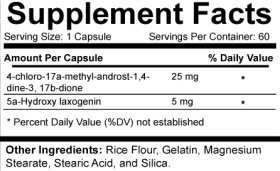
 While the FDA does a pretty good job of regulating "medicines" they don't do such a good job of regulating health supplements, which generally fall under "food" guidelines, which are much more lenient than what prescription-grade pharmaceuticals have to deal with (e.g. years of laboratory testing, human trials, etc...). The FDA has tried several times to expand the definition of pharmaceutical drugs and thus their jurisdiction over health supplements. Some see this as a good thing; others see it as a bad thing. I'm going to stay out of that argument. But I will say this: There's a big difference between something like vitamin B, whey protein, or acai berries and things like
While the FDA does a pretty good job of regulating "medicines" they don't do such a good job of regulating health supplements, which generally fall under "food" guidelines, which are much more lenient than what prescription-grade pharmaceuticals have to deal with (e.g. years of laboratory testing, human trials, etc...). The FDA has tried several times to expand the definition of pharmaceutical drugs and thus their jurisdiction over health supplements. Some see this as a good thing; others see it as a bad thing. I'm going to stay out of that argument. But I will say this: There's a big difference between something like vitamin B, whey protein, or acai berries and things like 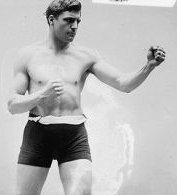
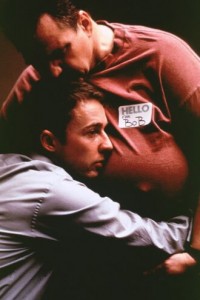 I'm not sure exactly how long I've been on TRT now, but I think it's been about three months. I haven't done the blast-cruise thing because I ran into some other health problems (benign thyroid tumors that my doctor thought "could be" malignant at the time) that took awhile to figure out, and longer to heal from surgery. I figured it would be pointless to take more than prescribed if I can't make the best of it in the gym. Also, the wife is pregnant (WAY pregnant) so having a better libido is kind of superfluous unless I feel like jerking off more often. TMI? IDGAF.
I'm not sure exactly how long I've been on TRT now, but I think it's been about three months. I haven't done the blast-cruise thing because I ran into some other health problems (benign thyroid tumors that my doctor thought "could be" malignant at the time) that took awhile to figure out, and longer to heal from surgery. I figured it would be pointless to take more than prescribed if I can't make the best of it in the gym. Also, the wife is pregnant (WAY pregnant) so having a better libido is kind of superfluous unless I feel like jerking off more often. TMI? IDGAF.